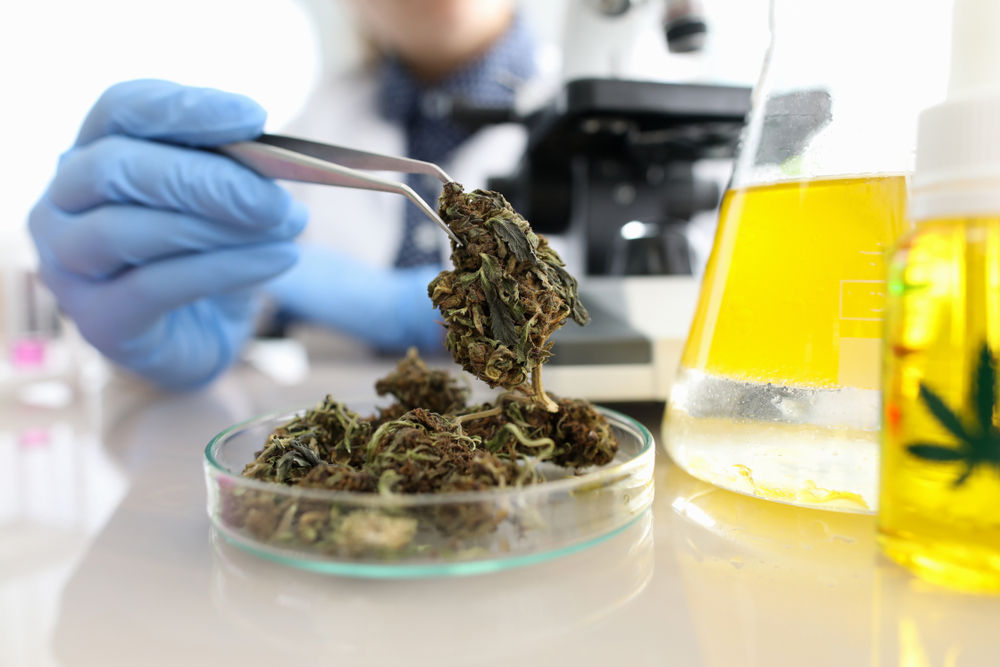
The federal government plans to reclassify marijuana in a historic step that would inch recreational use closer to nationwide legalization. Since the Controlled Substance Act was passed in 1970, cannabis would be the first drug to drop from Schedule I to Schedule III enforcement. With a preliminary rule in the works, the American Trucking Associations (ATA) recently raised highway safety concerns.
“ATA believes that it is vitally important that your agencies ensure an ongoing allowance for marijuana testing of safety-sensitive workers to avoid deterioration of highway safety,” ATA Senior Vice President of Regulatory Affairs and Safety Policy Dan Horvath reportedly stated. “If this rulemaking is permitted to move forward without appropriate regulatory review, oversight, and deliberation, ATA is concerned that it will severely curtail the ability of motor carriers and other employers of safety-sensitive positions to maintain a safe working environment, threatening the safety of all road users.”
With backing from the President, U.S. Attorney General Merrick Garland recently submitted a rescheduling plan to the White House Office of Management and Budget. All indications point to the federal government eventually joining 24 states that have already legalized pot for medicinal or recreational purposes.
The National Football League (NFL) went through a similar dynamic. The league banned marijuana in 1987, doling out fines and suspensions to players who tested positive. As of 2001, the NFL only tests for pot once, at the beginning of training camp. Super Bowl champion tight end Travis Kelce estimates that upwards of 80 percent of NFL players use marijuana, raising alarms that truckers would see the reclassification as a green light.
Although cannabis attitudes have generally shifted in recent years, trucking companies and highway safety organizations have pushed for more stringent testing and Drug and Alcohol Clearinghouse reporting. For instance, the Trucking Alliance advocated for hair follicle testing that would reveal trace amounts of marijuana dating back months.
Members of the trucking industry and highway safety groups may harbor legitimate concerns that drivers could operate 80,000-pound tractor-trailers while high. Based on the Mandatory Guidelines for Federal Workplace Drug Testing Programs, workers can only be tested for Schedule I and II drugs. Making marijuana a Schedule III substance could inhibit federal testing.
“(R)escheduling marijuana could significantly affect the Department of Transportation’s (DOT) responsibility and ability to ensure the safety of the national transportation network,” according to the ATA.
Evidence of marijuana has been the leading cause of CDL suspensions since the Clearinghouse was initiated. Nearly 41,000 truckers were sidelined in 2022. That number dipped to 37,657 last year. All told, 139,169 CDL holders tested positive for THC from 2020 through 2023.
Sources:
https://clearinghouse.fmcsa.dot.gov/content/resources/Clearinghouse_MonthlyReport_Dec2023.pdf











Leave a Comment